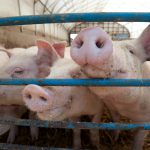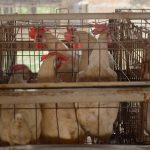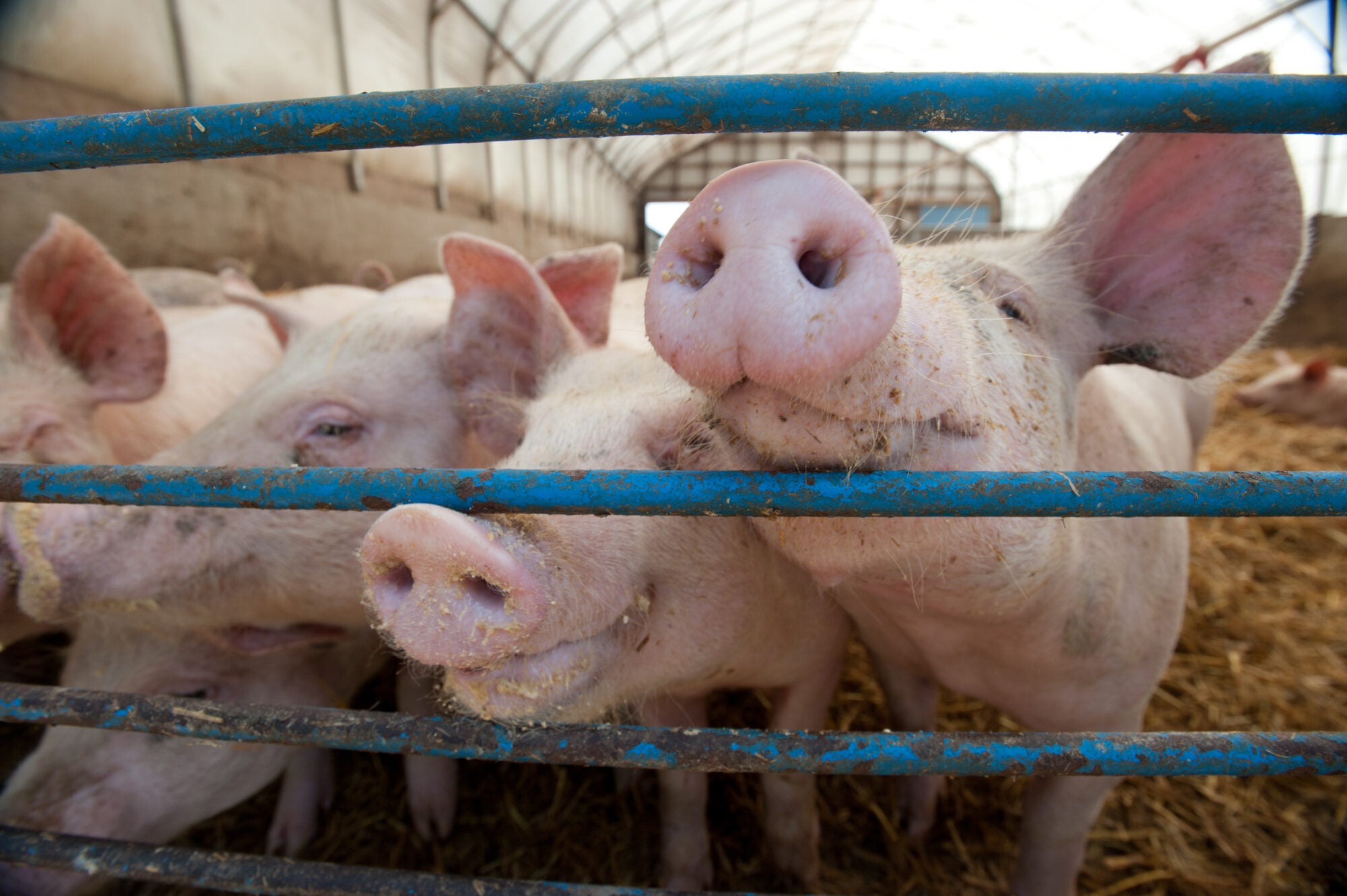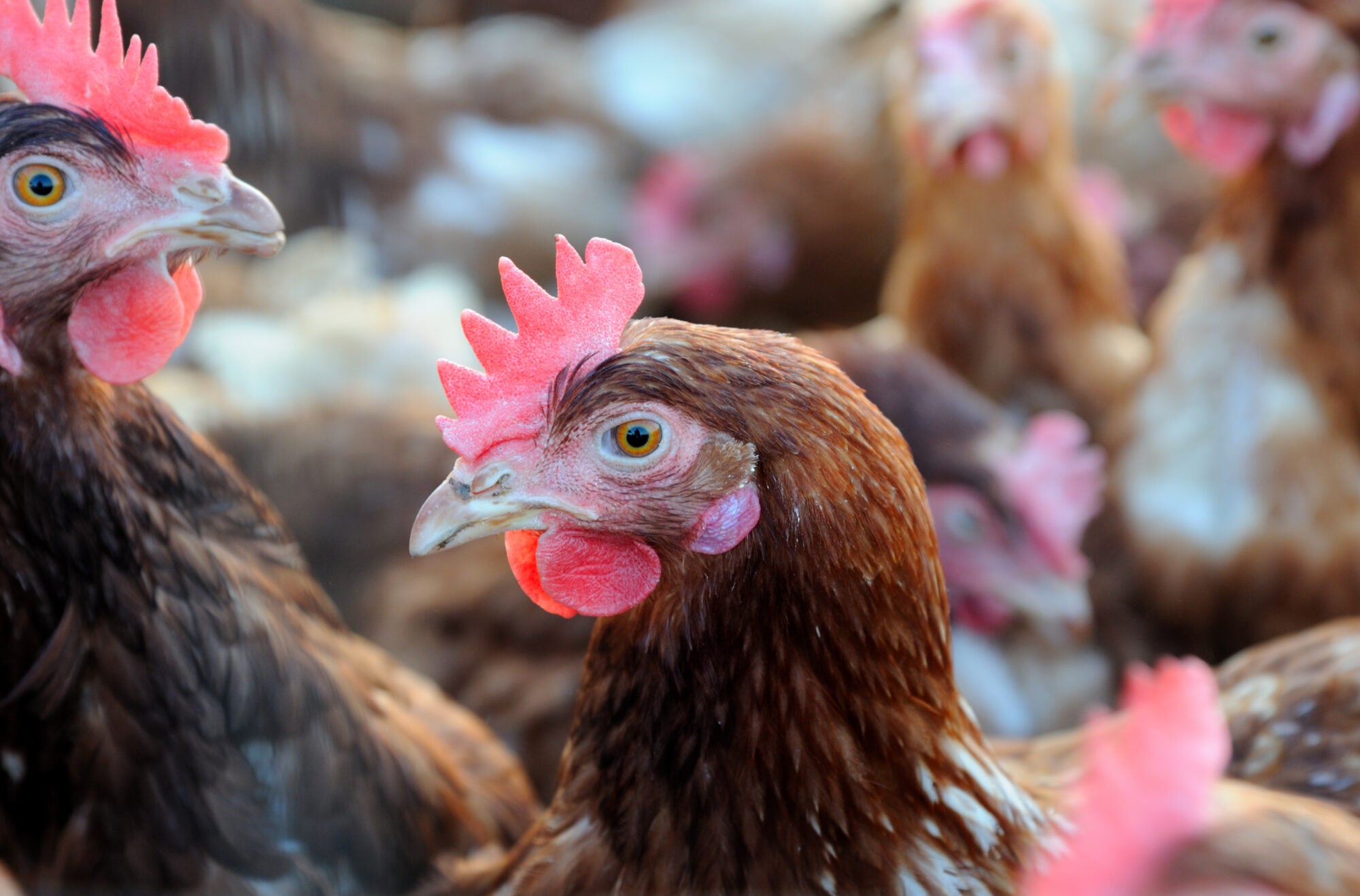Plant-Based Eating
Meredith Lee/The HSUSOverview
Current egg, meat and dairy production and consumption practices are unsustainable and cause tremendous suffering. Choosing more plant-based options helps animals and the environment, and supports your health.

92 billion+
Land animals are bred, reared and slaughtered for food globally each year

4,325 liters
Amount of water required on average to produce 1 kg of chicken, compared to the 1,644 liters needed to produce 1 kg of cereals

1 day
Per week of eating plant-based food can help prevent or reverse chronic health conditions
The Issue

An animal-based diet is implicated in multiple human health conditions, causes immense animal suffering from practices ranging from factory farming and intensive confinement to inhumane handling and slaughtering of animals, and has significant negative environmental impacts. HSI promotes the transition from industrial farm animal production to more sustainable, animal-welfare friendly forms of agriculture, as well as a reduction in animals raised for food. You can help by adopting a more plant-based diet.
Facts about plant-based eating:
- Eating more plant-based meals lowers demand for meat, dairy and eggs, which dramatically reduces animal suffering on factory farms around the world.
- Choosing to replace meat, dairy and eggs with plant-based proteins even once a week can improve energy and prevent diseases.
- Raising billions of animals for food each year contributes significantly to climate change, pollutes our air and water and uses a tremendous amount of land, water and other precious natural resources.
- Industrial farm animal production causes significant emissions of three key climate-changing gases, disrupting weather, temperature and ecosystem health.
Speak up for animals suffering on factory farms
Show world leaders there is support for a transition toward a more resilient plant-centric food system.




